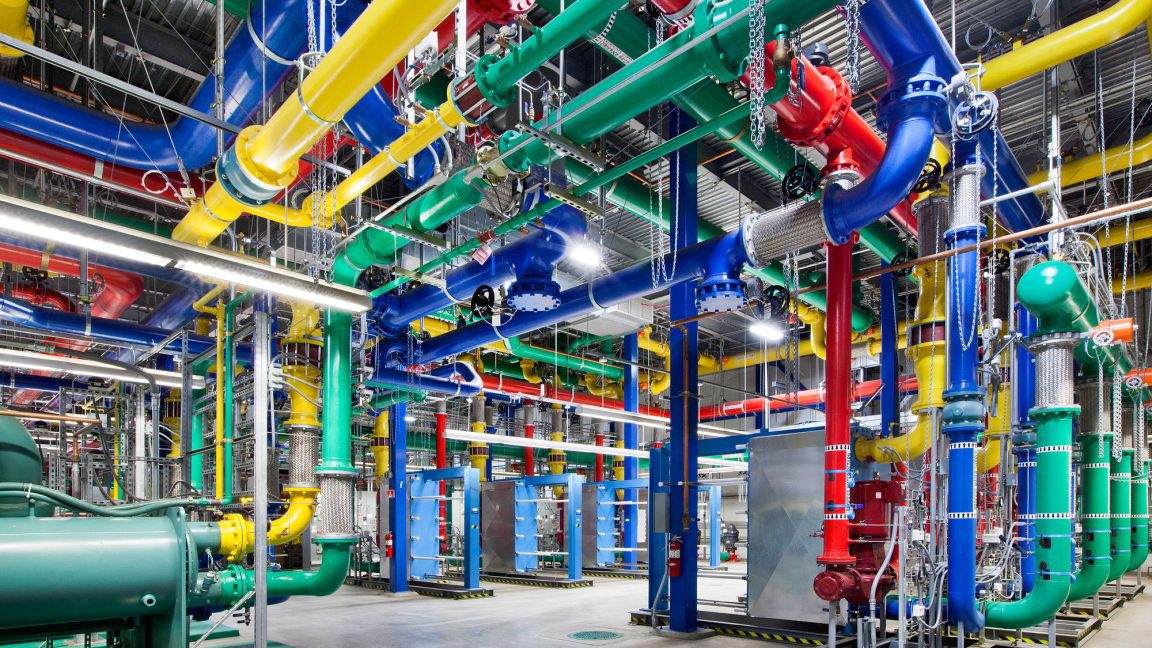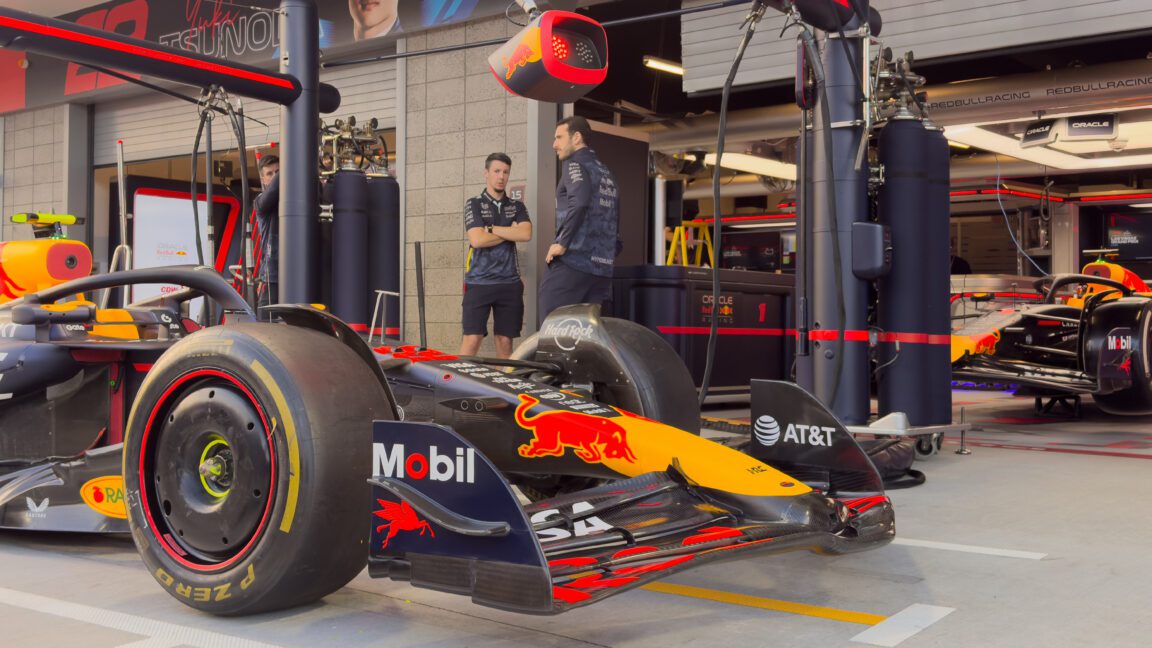
ai trained on bacterial genomes produces never-before-seen Recent advancements in artificial intelligence have led to a groundbreaking development in the field of protein synthesis, where AI trained on bacterial genomes has produced proteins that have never been seen before.
ai trained on bacterial genomes produces never-before-seen
The Intersection of AI and Biology
Artificial intelligence has made significant strides in various sectors, and biology is no exception. One of the most notable areas of progress is in understanding the relationship between a protein’s structure and its function. Researchers have leveraged AI to predict the structure of numerous proteins and even design new proteins tailored for specific functions. These advancements have opened new avenues in fields such as drug discovery, synthetic biology, and biotechnology.
Understanding Proteins and Their Importance
Proteins are essential biomolecules that play critical roles in virtually all biological processes. They are composed of amino acids, which are linked together in specific sequences dictated by the organism’s genetic code. The sequence of amino acids determines a protein’s three-dimensional structure, which in turn influences its function. For instance, enzymes are proteins that catalyze biochemical reactions, while antibodies are proteins that help the immune system identify and neutralize foreign objects like bacteria and viruses.
Traditionally, the study of proteins has been focused on their structure and function, often utilizing techniques such as X-ray crystallography and nuclear magnetic resonance (NMR) spectroscopy. However, these methods can be time-consuming and expensive, prompting researchers to explore AI-driven approaches.
AI’s Role in Protein Prediction
AI systems have demonstrated remarkable capabilities in predicting protein structures based on their amino acid sequences. For instance, DeepMind’s AlphaFold has garnered attention for its ability to predict protein folding with unprecedented accuracy. This breakthrough has significantly accelerated the pace of research in structural biology, allowing scientists to gain insights into protein functions and interactions more quickly than ever before.
Limitations of Current AI Approaches
Despite these advancements, most AI efforts have focused primarily on proteins and the amino acids that compose them. The underlying genetic information, encoded in DNA, plays a crucial role in the synthesis of proteins. However, the relationship between DNA and protein synthesis is complex. Changes at the nucleic acid level must occur before they manifest as changes in protein structure and function.
Moreover, the DNA sequence is not solely composed of coding regions that directly translate into proteins. It also includes non-coding sequences that can regulate gene expression, redundancies in the genetic code, and a degree of flexibility in how genes can be expressed. This complexity raises questions about whether an AI system trained solely on protein structures could effectively predict functional proteins based on genomic information.
Training AI on Bacterial Genomes
Recent research has shifted focus towards training AI systems on bacterial genomes, which has shown promising results in predicting novel proteins. Bacteria are simpler organisms with relatively compact genomes, making them ideal candidates for such studies. By analyzing the genetic sequences of various bacterial species, researchers have been able to develop AI models that can identify patterns and relationships within the genomic data.
Implications of AI-Generated Proteins
The ability of AI to predict proteins that do not resemble any previously known structures has profound implications for multiple fields. For example, in drug discovery, novel proteins could serve as potential therapeutic agents, offering new avenues for treating diseases that currently lack effective treatments. Additionally, these proteins could be utilized in synthetic biology applications, such as the development of biofuels, biodegradable plastics, and other sustainable materials.
Furthermore, the discovery of unique proteins could enhance our understanding of fundamental biological processes. Researchers could investigate how these proteins interact with existing biological systems, potentially leading to new insights into cellular functions and mechanisms.
Challenges and Considerations
While the potential benefits of AI-generated proteins are significant, several challenges remain. One of the primary concerns is the validation of these novel proteins. Predicting a protein’s structure is only the first step; researchers must also determine whether these proteins can be synthesized and whether they exhibit the desired functions in biological systems.
Ethical Considerations
The use of AI in protein synthesis also raises ethical questions. As researchers develop new proteins, they must consider the potential consequences of introducing synthetic proteins into natural ecosystems. The impact of these proteins on existing organisms and ecosystems is still largely unknown, necessitating careful evaluation and regulation.
Future Directions
The ongoing research into AI and bacterial genomes represents just the beginning of a new era in protein synthesis. As AI technology continues to evolve, it is likely that researchers will uncover even more sophisticated methods for predicting and designing proteins. Future studies may explore the use of AI in other organisms, including plants and animals, to expand the range of potential applications.
Collaboration Across Disciplines
To fully realize the potential of AI in protein synthesis, collaboration among various scientific disciplines will be essential. Biologists, computer scientists, and bioinformaticians must work together to refine AI models and ensure that the predictions made by these systems are both accurate and applicable in real-world scenarios. This interdisciplinary approach will facilitate the integration of AI into the broader scientific community, fostering innovation and discovery.
Conclusion
The intersection of artificial intelligence and biology is paving the way for unprecedented advancements in protein synthesis. By training AI systems on bacterial genomes, researchers are beginning to unlock the potential for generating novel proteins that could revolutionize various fields, from medicine to environmental sustainability. While challenges remain, the future of AI-driven protein synthesis holds great promise for addressing some of the most pressing issues facing humanity today.
Source: Original report
Was this helpful?
Last Modified: November 22, 2025 at 3:36 am
2 views















